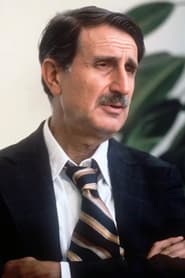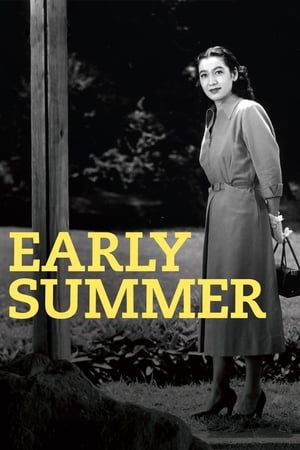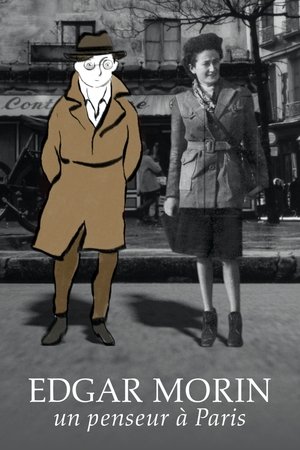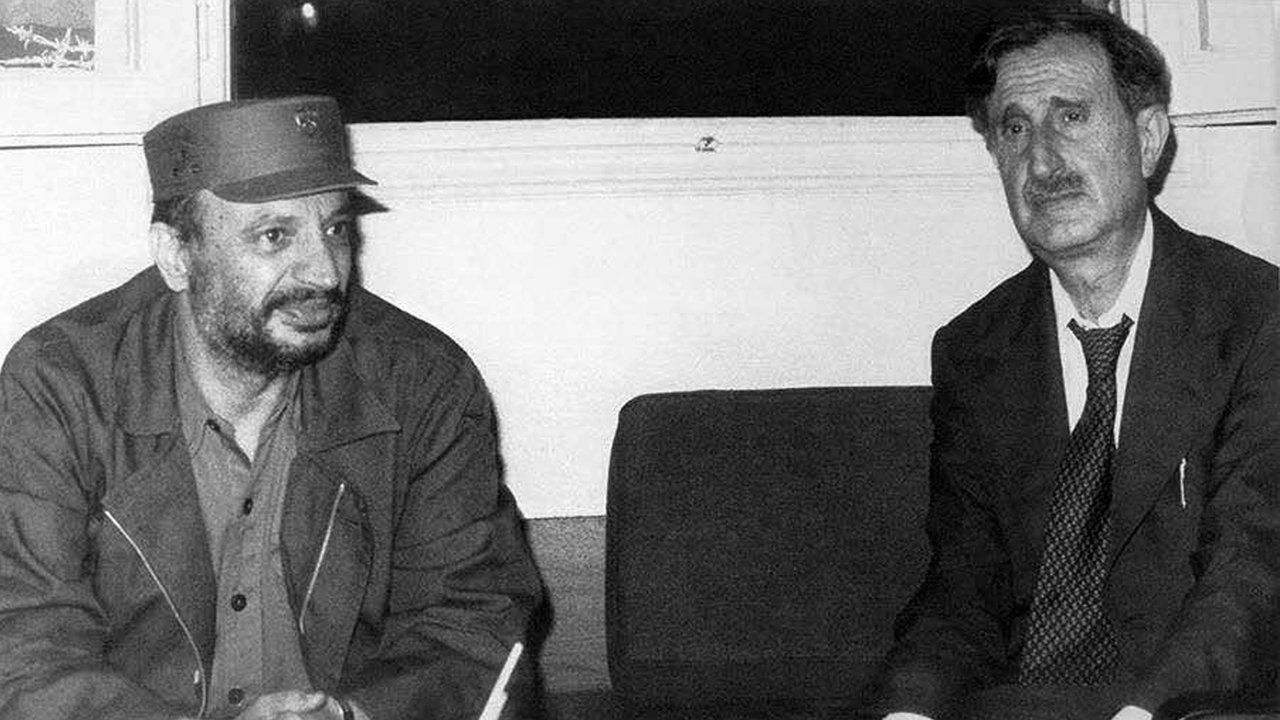
Greetings to Kamal Jumblatt(1977)
Tribute to the Druze Kamal Jumblatt, Minister of Economy and Agriculture (1946) and founder of the Progressive Socialist Party (PSP) in 1949. He was one of the architects of the departure of President Bechara el-Khoury (1952), before playing a major role in the events of 1958. From 1960 to 1964, Kamal Jumblatt assumed, under the presidency of Fouad Chehab, various ministerial functions . . After the conflict of June 1967, he gradually approached the Palestinian organizations. In 1969 he became Minister of the Interior; in August 1970, he supported the election of Soleiman Frangié as President of the Republic. Following the Lebanese-Palestinian clashes of May 1973, he took sides against the head of state, established himself as the leader of the National Movement in 1975 and engaged in a revolutionary armed struggle against the Lebanese Front. Hostile to Syria's intervention in Lebanon, he broke with it (March 1976). He was assassinated near a Syrian checkpoint in 1977.
Movie: Greetings to Kamal Jumblatt
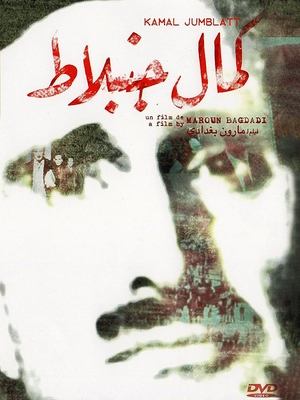
Tahiya li Kamal Jumblatt
HomePage
Overview
Tribute to the Druze Kamal Jumblatt, Minister of Economy and Agriculture (1946) and founder of the Progressive Socialist Party (PSP) in 1949. He was one of the architects of the departure of President Bechara el-Khoury (1952), before playing a major role in the events of 1958. From 1960 to 1964, Kamal Jumblatt assumed, under the presidency of Fouad Chehab, various ministerial functions . . After the conflict of June 1967, he gradually approached the Palestinian organizations. In 1969 he became Minister of the Interior; in August 1970, he supported the election of Soleiman Frangié as President of the Republic. Following the Lebanese-Palestinian clashes of May 1973, he took sides against the head of state, established himself as the leader of the National Movement in 1975 and engaged in a revolutionary armed struggle against the Lebanese Front. Hostile to Syria's intervention in Lebanon, he broke with it (March 1976). He was assassinated near a Syrian checkpoint in 1977.
Release Date
1977-01-01
Average
6
Rating:
3.0 startsTagline
Genres
Languages:
EnglishالعربيةKeywords
Recommendations Movies
My Heart Beats Only for Her(ar)
A son pieces together his father’s revolutionary past from the diary he’s found, painting a portrait of fathers and sons who were revolutionaries during the 1970s. Most interestingly, the film sheds light on the contrast between the lives of men who ached to change the world vs the men who now seek to just get by.
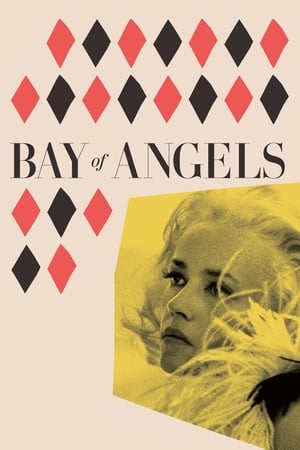 6.7
6.7Bay of Angels(fr)
A bank clerk is drawn into the risky world of a gorgeous gambling addict.
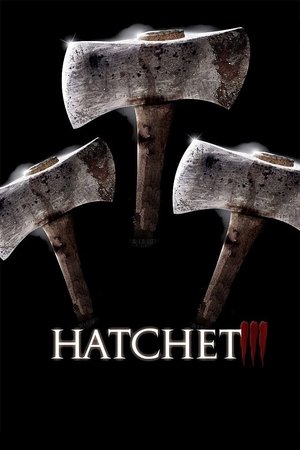 5.7
5.7Hatchet III(en)
A search and recovery team heads into Victor Crowley’s haunted swamp to pick up the pieces, and Marybeth learns the secret to ending the voodoo curse that has left Victor Crowley terrorizing Honey Island Swamp for decades.
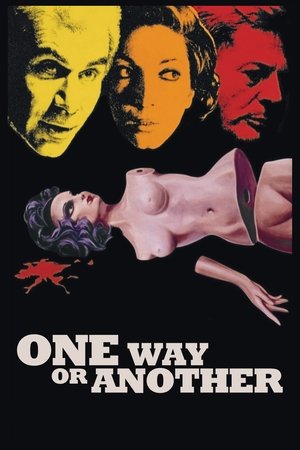 7.6
7.6One Way or Another(it)
Set during a retreat of Christian Democrat politicians who practice spiritual exercises together, it is an allegory of corrupted power. Disturbing, claustrophobic settings are the background to a series of mysterious crimes.
 5.6
5.6Class of Nuke 'Em High(en)
The pupils at a high school next to a nuclear power plant start acting and looking strange after buying contaminated drugs from a plant worker.
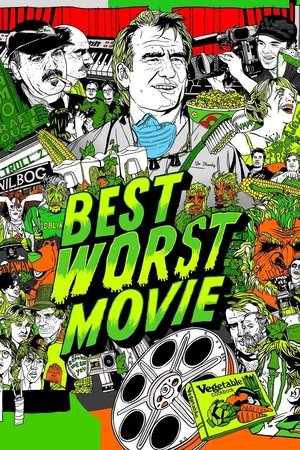 7.0
7.0Best Worst Movie(en)
A look at the making of the film Troll 2 (1990) and its journey from being crowned the "worst film of all time" to a cherished cult classic.
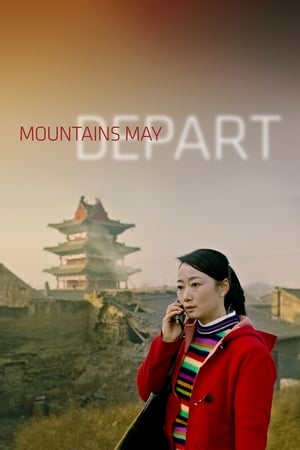 6.9
6.9Mountains May Depart(zh)
The life of Tao, and those close to her, is explored in three different time periods: 1999, 2014, and 2025.
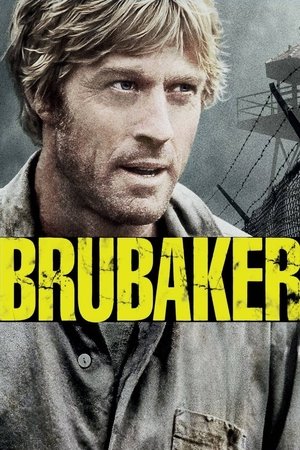 7.1
7.1Brubaker(en)
The new warden of a small prison farm in Arkansas tries to clean it up of corruption after initially posing as an inmate.
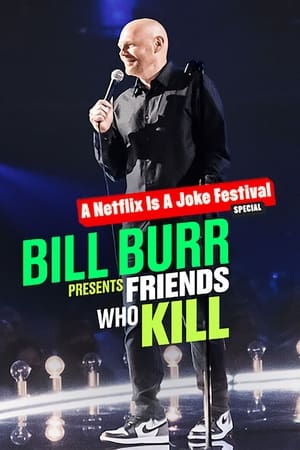 5.6
5.6Bill Burr Presents: Friends Who Kill(en)
In a night of killer comedy, Bill Burr hosts a showcase of his most raucous stand-up comic pals as they riff on everything from COVID to Michael Jackson.
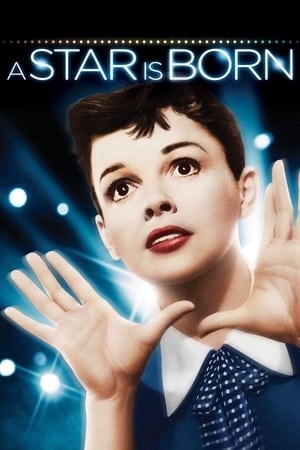 7.1
7.1A Star Is Born(en)
A movie star helps a young singer-actress find fame, even as age and alcoholism send his own career into a downward spiral.
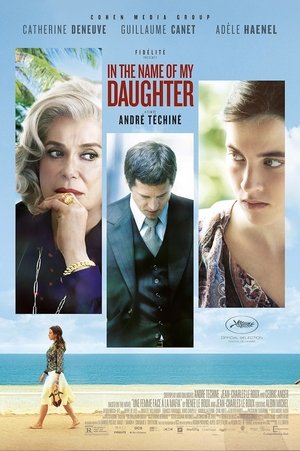 5.6
5.6In the Name of My Daughter(fr)
In 1976 in Nice, Agnes, the daughter of the owner of the Palais de la Méditerranée, falls in love with an older lawyer.
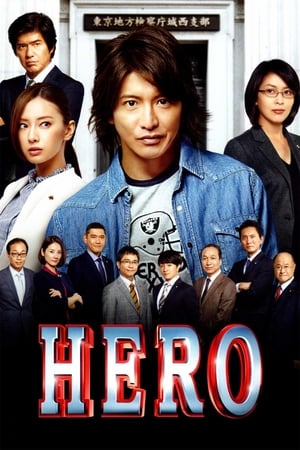 6.0
6.0Hero(ja)
Prosecutor Kohei Kuryu takes charge of a case with a foreign embassy possessing the key to solve the case. Due to the extraterritoriality involving the case, the investigation has not gone anywhere. A crisis then ensues. Kohei Kuryu and his office attempt to extract the truth behind the wall of the Neustrian Embassy.
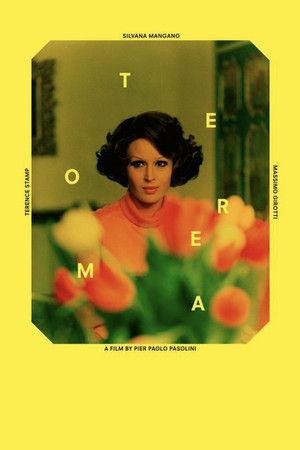 7.1
7.1Theorem(it)
A wealthy Italian household is turned upside down when a handsome stranger arrives, seduces every family member and then disappears. Each has an epiphany of sorts, but none can figure out who the seductive visitor was or why he came.
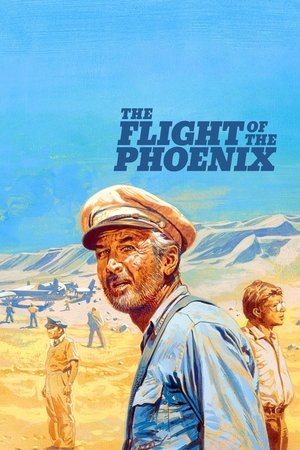 7.2
7.2The Flight of the Phoenix(en)
A cargo aircraft crashes in a sandstorm in the Sahara with less than a dozen men on board. One of the passengers is an airplane designer who comes up with the idea of ripping off the undamaged wing and using it as the basis for a replacement aircraft they need to build before their food and water run out.
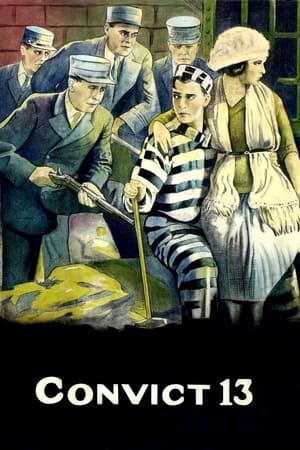 6.7
6.7Convict 13(en)
A young golfer is mugged by an escaped convict and finds himself in a prison where he foils a jailbreak.
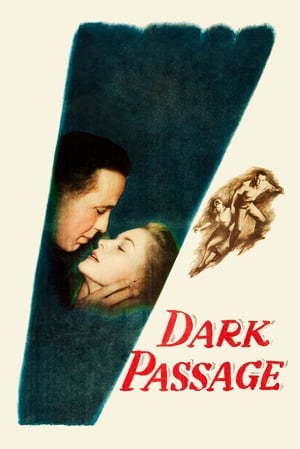 7.3
7.3Dark Passage(en)
A man convicted of murdering his wife escapes from prison and works with a woman to try and prove his innocence.
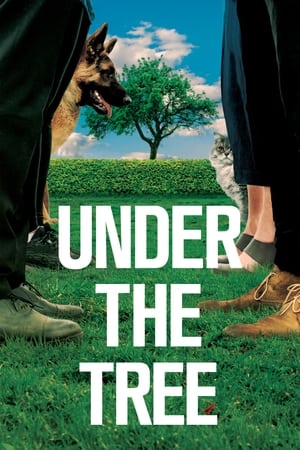 6.7
6.7Under the Tree(is)
When Baldvin and Inga's next door neighbours complain that a tree in their backyard casts a shadow over their sundeck, what starts off as a typical spat between neighbours in the suburbs unexpectedly and violently spirals out of control.
Similar Movies
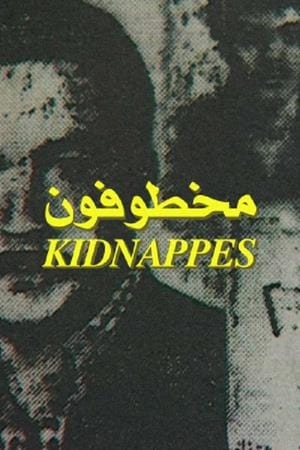 0.0
0.0Kidnapped(ar)
“Al Makhtufun” won the 1998 Best Short Documentary Film Award at the Mediterranean Film Festival for highlighting the issue of abducted Lebanese. The film raises two major issues: The abductee’s physical absence and his spiritual presence among his family members, and the parents silently wishing his return. The documentary looks at documents kept by Wadad, a mother who decides to step outside her comfort zone and share her papers and forms when other parents would not.
 7.7
7.7Waltz with Bashir(he)
An Israeli film director interviews fellow veterans of the 1982 invasion of Lebanon to reconstruct his own memories of his term of service in that conflict.
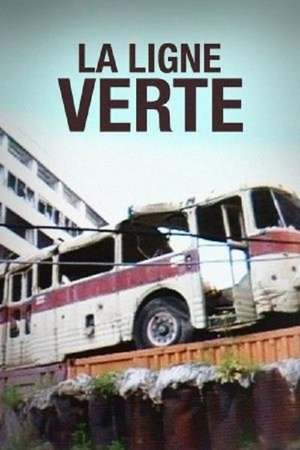 8.3
8.3The Green Line(fr)
Bahij Hojeij’s documentary studies the infamous Green Line between east and west Beirut during the civil war.
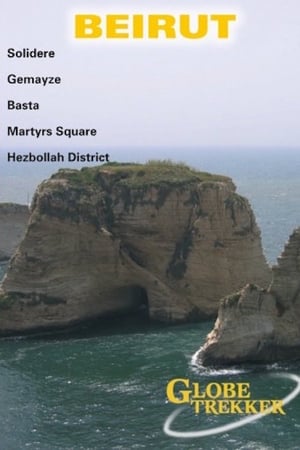 7.0
7.0Beirut City Guide(en)
Beirut, Lebanon's capital has a long history of political and social unrest that still makes headlines today. Globe Trekker's Beirut City Guide captures the city in more optimistic days, two weeks before the latest outbreak of hostilities in Lebanon between Israeli and Hezbollah forces in July 2006. Globe Trekker Megan McCormick explores the neighborhoods of Basta, Solidere, Gemayze and the Hezbollah District and finds a city in the midst of regeneration. She gets a glimpse at Beirut's future when meeting up with a group of young Arabic hip hop artists, who are eager to live in peace and put the country's political troubles in the past.
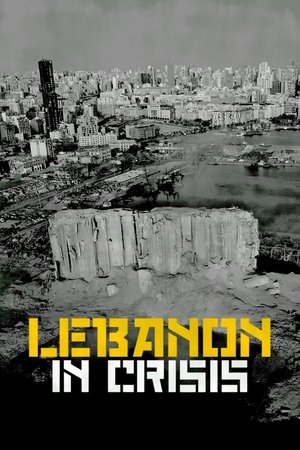 5.7
5.7Lebanon in Crisis(fr)
The apocalyptic blast in the Port of Beirut, Lebanon, on August 4, 2020, exacerbates anger at those in power: protests cross religious boundaries as the Lebanese people curse corruption, nepotism, gross economic mismanagement and squandering of resources. How did the Land of Cedars, a country with so much to offer, allow itself to get into such a dire situation? And will it be able to bounce back?
It's All in Lebanon(ar)
Wissam Charaf traces the recent history and identity of Lebanon through its political campaigns, PR imagery and pop videos.
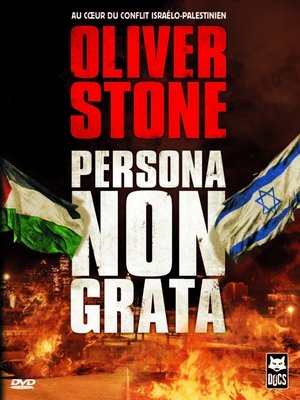 5.5
5.5Persona Non Grata(en)
2003 documentary film produced by Oliver Stone for the HBO series America Undercover about the conflict in occupied Palestine. He speaks with Ehud Barak and Benjamin Netanyahu, former prime ministers of Israel, Yasser Arafat, late president of the Palestinian National Authority, and various Palestinian activists resisting the oppression of the zionist regime.
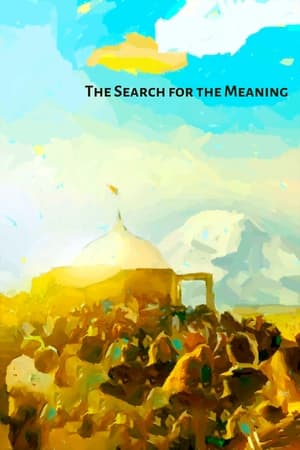 10.0
10.0The Search for the Meaning(es)
"The Search for the Meaning" is a collective experience, carried out with the audiovisual contribution of countless people who record their testimonies and spiritual experiences in 19 countries, to show a new spirituality that is being born...
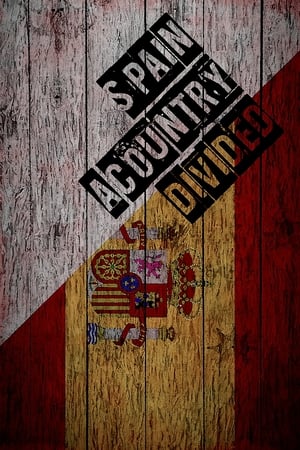 3.0
3.0Spain: A Country Divided(es)
Obsessively referring to the traumas and wounds that the Spanish civil war (1936-39) and Franco's dictatorship (1939-75) caused in their day no longer serves to explain the impassable abyss of incomprehension and hatred that the abject policies and radical positions adopted by both the right and the left in recent decades have opened up before the citizens of a country that is barely known beyond hackneyed cultural clichés.
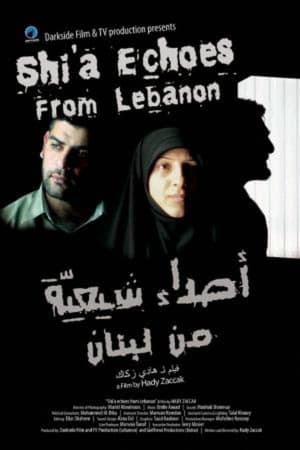 0.0
0.0Shi'a Echoes from Lebanon(en)
This political documentary by Hady Zaccak delves into the world of Lebanese Shiites through interviews with three Shiite youths, each with a different political and ideological affiliation, in addition to a very valuable interview with late Shiite cleric Sayyed Hani Fahs. The documentary explores the Shiites’ relation to Beirut’s Dahiyeh suburb, a Shiite stronghold, as well as the difference between the political and social perspectives of these youths.
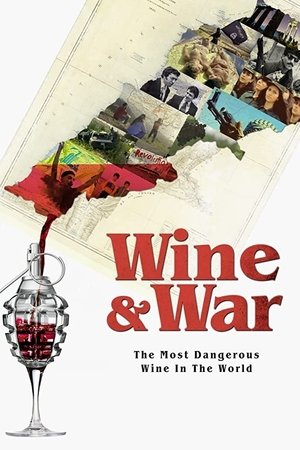 5.0
5.0Wine and War(en)
WINE and WAR is a documentary about one of the the oldest winemaking regions on earth and the resilience of the Lebanese entrepreneurial spirit seen through the lens of war and instability.
The Land(en)
The Land documents the uprising of the people of Bisri and activists from all of Lebanon against the construction of the dangerous dam leading up to the Bisri Valley's liberation. Farmers and shepherds discuss their fears of losing the land and their intimate relationship with it. It also presents the project's seismic and geological dangers, its futility, the conflicts of interest surrounding its construction, and its destruction of a rich and significant area in every respect.
 6.8
6.8Sociology Is a Martial Art(fr)
"I often say sociology is a martial art, a means of self-defence. Basically, you use it to defend yourself, without having the right to use it for unfair attacks." (Pierre Bourdieu) The world has witnesses who speak out loud what others keep to themselves. They are neither gurus, nor masters, but those who consider that the city and the world can be thought out. The sociologist, Pierre Bourdieu is one such witness." Over a three- year period, Pierre Carles' camera followed him through different situations: a short conversation with Günter Grass, a lively conference with the inhabitants of a working-class suburb, his relations with his students and colleagues and his plea that sociology be part of the life of the city. His thinking has a sort of familiarity, which means it is always within our reach. It is the thinking of a French intellectual who has chosen to think his times.
 6.0
6.0World War C(nl)
It's war. War against an invisible enemy that is not as deadly as we are told. The world is changing rapidly. Disproportionate measures are taken worldwide that disrupt society as a whole. A dichotomy in society forced vaccinations and restrictions on freedom. Have we had the worst? Or is there something more disturbing to awaiting us.
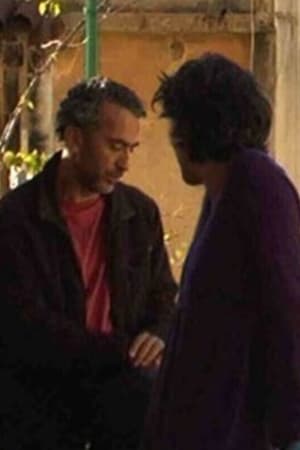 0.0
0.0In the Land That Is Like You(fr)
In the Land That Is Like You is a progress on the tracks of my lost past, with the contact of my mother, my grandmother and the man who I love, in a country which escapes from me and retains me, Lebanon.
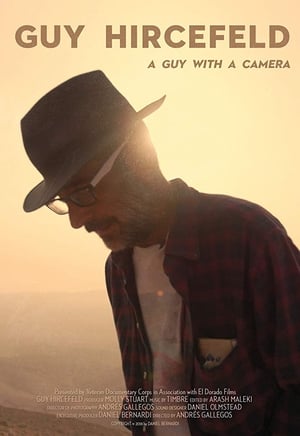 0.0
0.0Guy Hircefeld: A Guy with a Camera(en)
Guy Hircefeld, a veteran who served in the Israeli military at the start of its occupation of Palestine in the 1980s, now fights against the Israeli occupation. His only weapon is a camera.
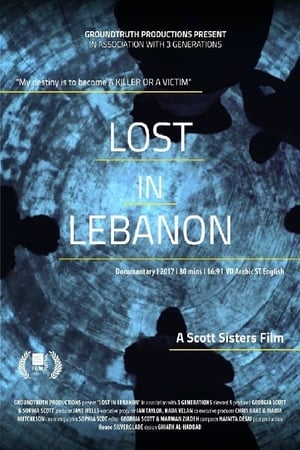 8.0
8.0Lost in Lebanon(en)
As the Syrian war continues to leave entire generations without education, health care, or a state, Lost in Lebanon closely follows four Syrians during their relocation process. The resilience of this Syrian community, which currently makes up one fifth of the population in Lebanon, is astoundingly clear as its members work hard to collaborate, share resources, and advocate for themselves in a new land. With the Syrian conflict continuing to push across borders, lives are becoming increasingly desperate due to the devastating consequences of new visa laws that the Lebanese government has implemented, leaving families at risk of arrest, detention, and deportation. Despite these obstacles, the film encourages us to look beyond the staggering statistics of displaced refugees and focus on the individuals themselves.
